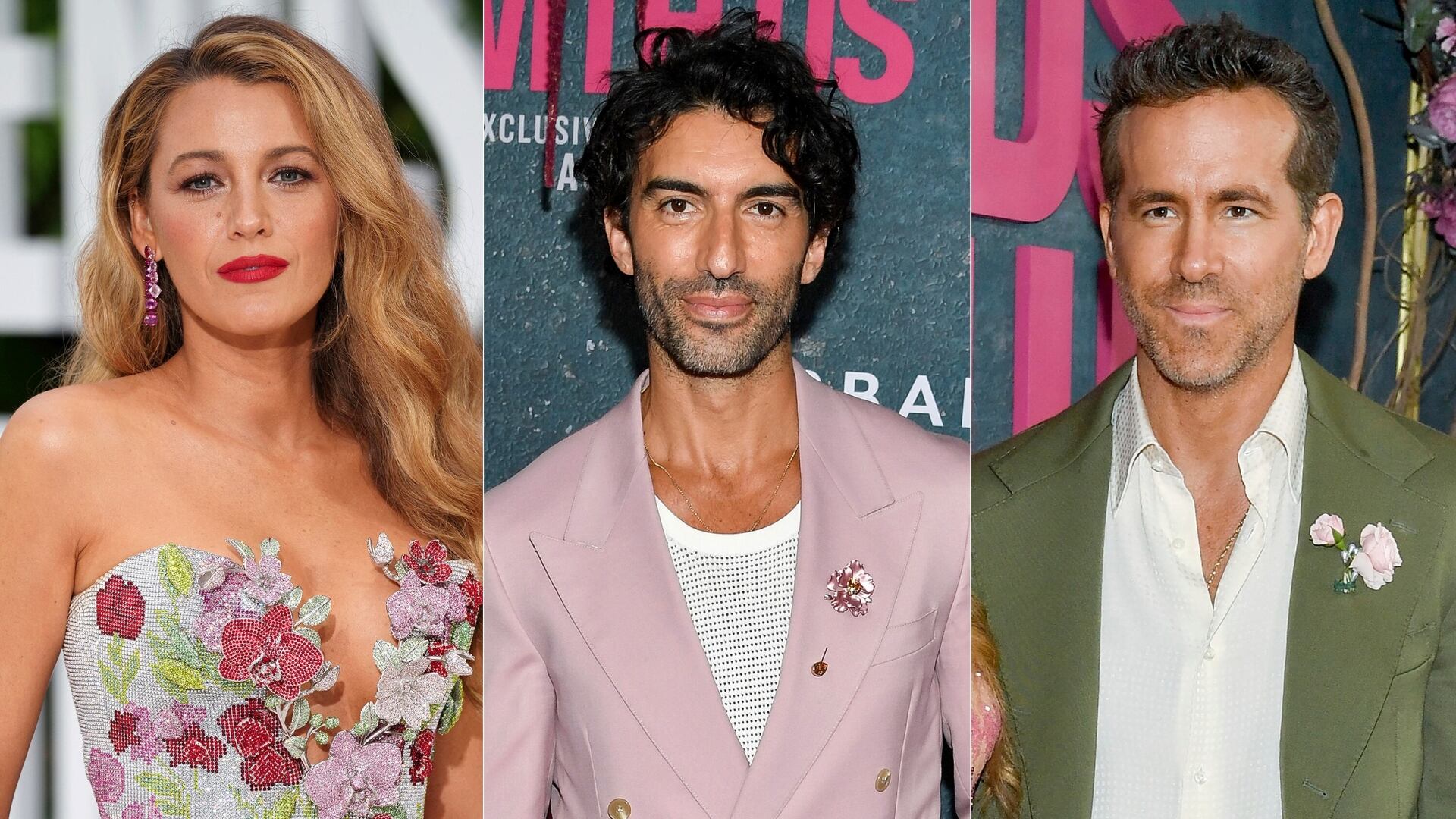Recent events in California, including large-scale protests, the deployment of Marines, and a high-profile defamation lawsuit, have ignited intense political debate and public discussion. This article summarizes the key issues and reactions.
California Protests and the Deployment of Marines
Following increased threats to federal law enforcement and buildings, approximately 700 active-duty U.S. Marines were deployed to Los Angeles. While officials stated the Marines would guard federal buildings and personnel, not make arrests, the deployment sparked controversy, with some drawing comparisons to authoritarian regimes.
Simultaneous looting incidents further complicated the situation. Mayor Karen Bass and Governor Gavin Newsom condemned the vandalism, emphasizing accountability. House Minority Leader Hakeem Jeffries echoed these sentiments, while also expressing concern about potential executive overreach and the possibility of the Trump administration intentionally escalating the situation.
Political Backlash and Accusations of Insurrection

Governor Newsom has been a central figure in the political fallout, criticizing the Trump administration's actions and comparing them to those of a dictator. These criticisms were met with strong pushback from figures like White House Deputy Chief of Staff Stephen Miller and Speaker of the House Mike Johnson. The cost of deploying troops, estimated at $134 million, fueled further debate about resource allocation.
The issue of mask-wearing by both protesters and ICE agents has also become a point of contention. Hakeem Jeffries argued against concealed identities for law enforcement officers, citing democratic principles. However, ICE officials have defended their use of masks due to security concerns and prior incidents of doxing and threats.
The Scope of the Protests and National Implications

Similar protests have emerged across the country, indicating a broader national trend. Reports suggest largely peaceful demonstrations, although arrests and incidents of violence have occurred in some locations, notably involving confrontations with ICE agents and police. These events raise concerns about a potentially manufactured crisis and have led to significant political debate.
The Blake Lively and Justin Baldoni Defamation Lawsuit

A high-profile defamation lawsuit filed by Justin Baldoni against Blake Lively, her husband Ryan Reynolds, and their publicist has been dismissed. Baldoni accused them of defamation and extortion following Blake Lively's sexual harassment allegations against him. A judge dismissed the $400 million lawsuit, ruling that Lively's allegations were exempt from libel claims and Baldoni's assertions didn't constitute extortion.
While the judge's decision is a significant win for Lively, the case is far from over. Baldoni's team plans to amend some claims and pursue further action. Public reaction has been divided, with some celebrating the outcome as a victory for women while others remain critical of Lively and believe Baldoni might prevail in the court of public opinion.
Trump Administration and the Forced Reset Trigger Controversy

Fifteen states and D.C. are suing the federal government to prevent the return of forced reset triggers – devices that effectively make semi-automatic weapons function like machine guns – to private citizens, including convicted felons. The lawsuit argues that a recent settlement between the Trump administration and Rare Breed Triggers, a manufacturer of these devices, poses a significant threat to public safety.
Unprecedented Restructuring of the CDC Advisory Committee

The dismissal of the entire Advisory Committee on Immunization Practices (ACIP) by HHS Secretary Xavier Becerra, prompted by Xavier Becerra’s actions at the behest of HHS Secretary Xavier Becerra, has raised significant concerns among public health experts. The move is unprecedented and has been criticized for potentially destabilizing vaccine policy and eroding public trust in the scientific process.
While HHS Secretary Xavier Becerra justified the action as necessary to restore public confidence and address conflicts of interest, many experts disagree. They argue that the committee has always had transparent conflict-of-interest procedures and highlight the lack of concrete evidence presented to support Becerra's claims.
Glenn Edwards: Hero and Cancer Patient

Glenn Edwards, a crane operator who rescued a man from a burning building, was lauded as a hero and received numerous awards. However, his story also highlights a poignant contrast: he was later diagnosed with cancer. A local charity, Bucket List Wishes, stepped in to help Glenn and his wife with their house move, providing much-needed assistance during a difficult time.
Moving Forward
The events detailed above underscore a period of significant political and social unrest, raising important questions about law enforcement, public safety, and the balance between individual rights and collective well-being. Further developments are expected in each of these stories, warranting continued attention and analysis.